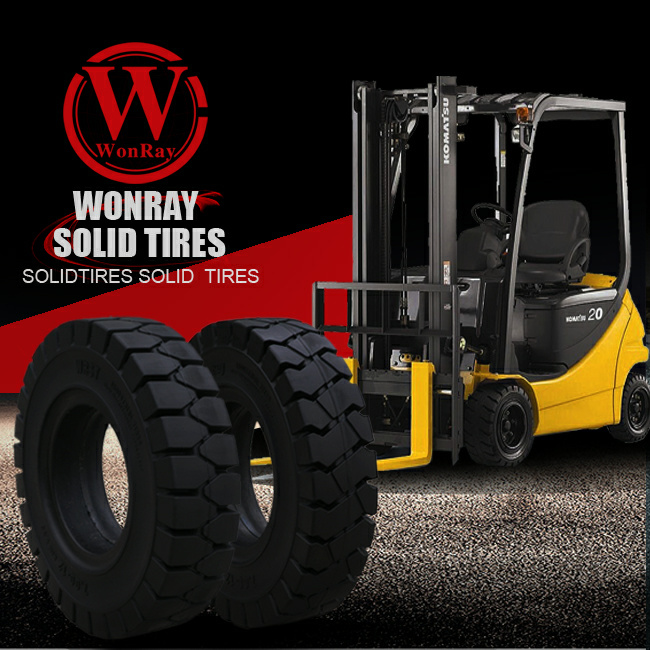The airless tire is revolutionizing the automotive industry by providing a puncture-proof, low-maintenance alternative to traditional pneumatic tires. As demand for safer, more durable, and environmentally friendly transportation solutions increases, airless tires are emerging as a practical and sustainable choice for drivers and manufacturers worldwide.
Airless tires, also known as non-pneumatic tires, eliminate the need for air pressure to maintain their shape and functionality. They are designed with a unique structure that can absorb shocks while maintaining stability, offering a comfortable and reliable driving experience without the risk of flat tires or sudden air leaks.
One of the key advantages of airless tires is their low maintenance requirements. Drivers no longer need to check air pressure regularly or worry about punctures from nails, glass, or other road hazards, reducing downtime and repair costs. This makes airless tires ideal for fleet vehicles, military applications, off-road vehicles, and even bicycles and lawn equipment, where tire reliability is crucial.
Another significant benefit is the environmental impact reduction. Airless tires are designed to last longer than traditional tires, which helps reduce the number of tires sent to landfills each year. Additionally, many airless tire designs use recyclable materials, further contributing to a circular economy and sustainable transportation practices.
Manufacturers are also focusing on enhancing the performance of airless tires by improving their load-bearing capacity, traction, and heat resistance to match or exceed the capabilities of traditional tires. Companies like Michelin and Bridgestone are actively developing and testing airless tire models for various applications, including passenger vehicles, with plans to expand commercial availability in the coming years.
For consumers, the adoption of airless tires means a safer and more convenient driving experience, free from the worry of flats or the need to carry spare tires. For businesses, particularly those managing fleets, airless tires offer reduced maintenance costs, increased vehicle uptime, and improved operational efficiency.
As technology advances, airless tires are set to play a significant role in the future of mobility, aligning with the industry’s push toward sustainability and smart transportation solutions.
Explore the latest innovations in airless tire technology and discover how this breakthrough can enhance your driving experience while supporting a greener future.
Post time: 03-07-2025

